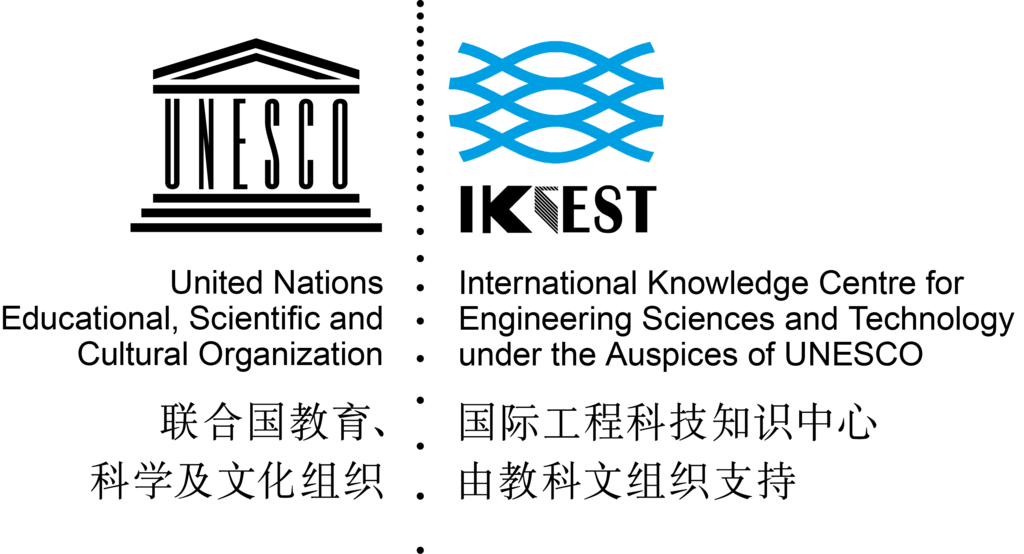UNESCO and its project partner, the Ethical Journalism Network, support media outlets in South East Europe to perform ethical audits and to publish it on their website to increase their transparency towards readers.
“The ongoing health crisis has underscored how essential the role of the media is as an informative device ensuring transparency and accountability, as well as in shaping the public opinion. But to be trustworthy, the media needs to commit to their own share of transparency and adhere to professional and ethical standards and good governance,” said Danica Ilic from the Ethical Journalism Network. “Performing ethical audits is a very useful tool for media outlets to shield the society from disinformation, ensure its sustainability and competitiveness in the digital age, and avoid many issues that can stem from reckless reporting.”
With this in mind, UNESCO and its project partner, the Ethical Journalism Network, is supporting media outlets in South East Europe to perform a self-assessment exercise of their commitment to good governance and ethical and professional standards - also called ethical audits - and to publish it on their website to increase their transparency towards readers. This activity is conducted as part of the EU-funded project ‘Building Trust in Media in South East Europe and Turkey – Phase 2’, which in 2020 focuses on media outlets in Albania and Serbia. The audits follow the professional standards and principles of the Journalism Trust Initiative (JTI) and can help qualify media outlets to become a part of the media community branded as recognising the standards and benchmarks for editorial quality and management.
The media conducting the self-assessments are selected from the pool of members of the media coalition called ‘Balkan Network for Trusted Media’ – a community comprising 30 media outlets from the region.
To this day, ten media outlets have committed to performing the assessment process against the standards of the JTI, five from Albania and five from Serbia. Of these, three have already completed, while seven media are carrying out the ethical self-assessments. Before initiating the audits and throughout the process, the editors, directors, and journalists of the selected media were coached and supervised through the supply of materials, procedures, remote mentoring, and online consultations.
“Information is everywhere, but it is very easy, and increasingly evident during the Covid-19 pandemic, how mishandling information can get out of control and have perverse effects,” said Danica Ilic from the EJN. “These media’s recognition of good governance and ethical standards through the practice of self-regulation audits is an important step in a much-needed process of reinstating trust in media in the region.”
The media conducted the process of the self-assessments in the period when the rise of online ‘disinfodemic’ paralleling the spread of the Covid-19 undermined the traditional journalism and made the media’s adherence to ethical standards more critical than ever. By performing such ethical audits, the media improve their internal governance and show the readiness to critically overview their functioning.
This type of evaluation, conducted through the answering of the 150-questions long questionnaire compiled within the JTI, serves both the media’s own best interests, by spotting potential weaknesses and areas for improvement, as well as ensuring their openness and accountability vis-à-vis the communities they serve, if decided to make the answers public.
“The road-testing of our JTI questionnaire in this region is an important and encouraging experience. We see already tangible improvements in editorial processes and external transparency of participating media outlets, which is clearly a win-win for everyone involved,” said Olaf Steenfadt, the Project Director of the JTI at Reporters Without Borders (RSF).” We look forward to continuing this partnership with UNESCO and the EJN.”
After conducting the self-assessment process, the media have the opportunity to, through the cooperation with RSF and its EU-funded pilot project, pilot an external auditing, subjecting themselves to even higher levels of scrutiny. The three media that have completed the internal assessments, Exit News, Politiko, and Istinomer, have already signed up to the pilot project and expressed their willingness to conduct external audits.
“During the auditing process, we became aware that our editorial guidelines should be improved or clarified, and that the new processes such as training programs for editorial staff should be introduced. We also recognized the need for revising our ‘About Istinomer’ page to be even more transparent by publishing more information and enabling easier search,” said Jovana Presic from ‘Istinomer’, the fact-checking media in Serbia that completed the internal ethical audit. “The team of ‘Istinomer’ considers it is crucial to work in compliance with professional standards, as well as to have external assessors evaluate its commitment to non-partisanship, fairness, transparency of sources, funding, methodology, and so on,” concluded Presic.
The self-regulatory transparency ethical audits performed in Albania and Serbia will serve as a good practice to be shared and replicated in other countries under the UNESCO EU-funded project. In the upcoming period, the EJN will also produce podcasts with guests from the media that completed the audits to discuss their experiences and facilitate the knowledge-sharing. The podcasts will be available at the EJN website, two podcasts about the media landscape in Montenegro and North Macedonia produced within the UNESCO EU-funded project can already be found.
--
UNESCO and the European Union, DG Near, launched the second phase of the project Building Trust in Media in South East Europe and Turkey in November 2019. In consideration of the clear decline in the civil society’s trust in media in the region and the recommendations from the European Union in combating disinformation online, the three-year project aims to, among others, enhance MIL skills among youth by introducing MIL components in formal and non-formal education systems, training education staff, building MIL capacities of youth organisations.








 User Center
User Center My Training Class
My Training Class Feedback
Feedback












Comments
Something to say?
Login or Sign up for free